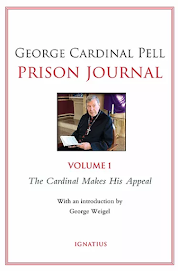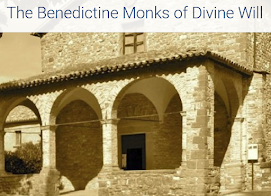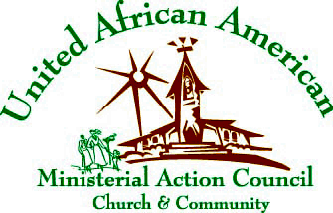Making Sense of Recent Remarks
One of my friends compared Pope Francis to President Trump, in that both of them at times make “off the cuff” remarks that create headlines. Pope Francis made some remarks portrayed in the film Francesco by Evgeny Afineevsky, which led to major news and media outlets around the world to publish headlines such as Pope Francis endorses or supports civil-unions for gay couples. Some headlines went further in adding that the Pope’s comments signaled a shift in the Church.
Let us be careful about what conclusions we draw because the Pope was careful to begin by saying that doctrine on marriage remains the same. Secondly, the answers the Pope gives in an interview do not have the weight of official teaching.
The Pope maintained that Marriage whether natural or sacramental is only between a man and a woman, but the Pope said that civil union laws could provide legal protection for couples in long-term, committed relationships. So he is only talking about protections in civil law for people living together, not about marriage, and not about gay sexual activity.
In 2003 the Congregation for the Doctrine of the Faith (CDF) published a document titled "Considerations Regarding Proposals to Give Legal Recognition to Unions Between Homosexual Persons." In this document the CDF taught that “respect for homosexual persons cannot lead in any way to approval of homosexual behaviour or to legal recognition of homosexual unions.
There is clear disagreement between the Pope’s remarks in the documentary and the 2003 teaching of the CDF. Therefore, it seems natural to expect further clarification, by way of an official declaration since some bishops in recalling the 2003 document are asking for Pope Francis to recant, whereas others see his remarks as a matter of prudential judgment, which may change.
Prudential judgments are judgments that start from moral principles and take into consideration the circumstances of a given situation. For example, in 2018 there was a change in the catechism regarding the death penalty. The change is rooted in that “more effective systems of detention have been developed, which ensure the due protection of citizens but, at the same time, do not definitively deprive the guilty of the possibility of redemption.” This change in the catechism did not arise out of a change in moral principles, but in circumstances to apply such principles i.e. changes in more effective systems of detention.
Given the differing reactions from Bishops around the world to the Pope’s remarks, many people are confused. If the 2003 document still stands as official Church teaching, I believe the Pope should address the reasoning of the CDF in 2003, and examine if the circumstances have significantly changed since then, or if the reasons given in 2003 were of a cautionary nature and no longer seem necessary.
It seems to me that Pope Francis’ remarks are rooted in the suffering of gay people rejected by family and society, especially in certain parts of the world. Their suffering is not something mentioned by the 2003 CDF document. The fact that the demands of sexual morality are more challenging for gay people is something that, in my opinion, also needs to be acknowledged, even while we are called to uphold fidelity to it.
Lastly, as Archbishops of San Francisco and Boston have pointed out, the suggestion of civil protections made by Pope Francis would not be exclusive to gay people living together, but it would apply also to non-sexual partnerships such as friends or siblings living together.
God Bless, Fr Carlos, OSA






















No comments:
Post a Comment